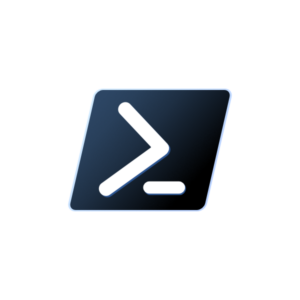PowerShell and JSON for Efficient Data Handling
PowerShell, Microsoft’s powerful scripting language and command-line shell, has become an essential tool for system administrators and developers. When combined with JSON (JavaScript Object Notation), it offers a robust solution for data manipulation and exchange. This article explores how to effectively use PowerShell with JSON for various tasks.
- Introduction to PowerShell and JSON
PowerShell is a cross-platform task automation solution that consists of a command-line shell, scripting language, and configuration management framework. JSON, on the other hand, is a lightweight data interchange format that is easy for humans to read and write, and easy for machines to parse and generate.
- Working with JSON in PowerShell
PowerShell provides built-in cmdlets for handling JSON data:
- ConvertTo-Json: Converts a PowerShell object to a JSON-formatted string
- ConvertFrom-Json: Converts a JSON-formatted string to a PowerShell object
Example:
$jsonString = '{"name": "John Doe", "age": 30, "city": "New York"}'
$object = $jsonString | ConvertFrom-Json
$object.name # Output: John Doe
$newObject = @{name="Jane Smith"; age=25; city="London"}
$newJsonString = $newObject | ConvertTo-Json
- Reading and Writing JSON Files
PowerShell makes it easy to read from and write to JSON files:
# Reading JSON from a file $jsonContent = Get-Content -Path "data.json" -Raw | ConvertFrom-Json # Writing JSON to a file $data | ConvertTo-Json | Out-File "output.json"
- Working with Complex JSON Structures
PowerShell can handle nested JSON objects and arrays:
$complexJson = @{
name = "John Doe"
age = 30
address = @{
street = "123 Main St"
city = "New York"
}
hobbies = @("reading", "swimming", "coding")
} | ConvertTo-Json -Depth 3
- Parsing JSON API Responses
PowerShell can be used to interact with RESTful APIs and parse JSON responses:
$response = Invoke-RestMethod -Uri "https://api.example.com/data"
$response.items | ForEach-Object {
Write-Output $_.name
}
- JSON Schema Validation
While PowerShell doesn’t have built-in JSON schema validation, you can use third-party modules like “Test-Json” for this purpose:
Install-Module -Name Test-Json $schema = Get-Content "schema.json" -Raw $json = Get-Content "data.json" -Raw Test-Json -Json $json -Schema $schema
The combination of PowerShell and JSON provides a powerful toolset for handling structured data. Whether you’re working with configuration files, API responses, or data exchange between systems, mastering these technologies can significantly improve your efficiency in data manipulation and automation tasks.
By leveraging PowerShell’s cmdlets for JSON handling and its ability to work with complex data structures, you can create robust scripts for various scenarios, from simple data parsing to complex system integrations.

Leave a Reply
Want to join the discussion?Feel free to contribute!